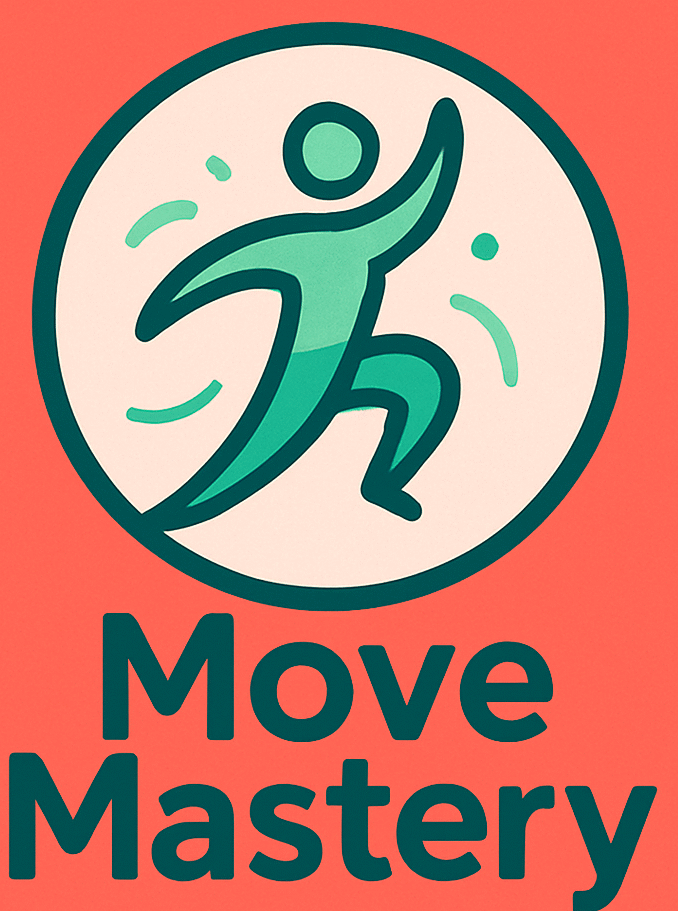
Bodyweight training is where it all starts for beginners looking to make a positive change in their lives. Here’s why it’s so perfect—no fancy equipment, no gym memberships, just you and a little bit of space. It’s all about getting back to basics and focusing on your body’s natural ability to support itself, which gives a manageable intro to fitness if you’re not used to it.
When we talk about mental health benefits, exercise isn’t just about the physical. Those endorphins you hear folks talking about? They’re real, and they flood your brain with all sorts of feel-good vibes every time you work out. Regular bodyweight workouts can turn into a reliable stress-busting ritual, helping chase away those clouds of anxiety and improve your mood over time.
Real stories can be inspiring. Take Sarah, for example. She was juggling work and kids and was feeling totally overwhelmed. Bodyweight training became her anchor; fitting quick sessions into her day allowed her to manage stress so much better. For many beginners, finding their groove with bodyweight training often sparks a journey of incredible personal growth and mental clarity. You could be the next story like hers!
There’s tons of research backing up how exercise can help with mental wellness. Studies show exercise releases chemicals like dopamine, which makes you feel great and is linked to reducing depression and anxiety symptoms. Plus, it helps improve sleep quality. So those push-ups and squats can double as a mental health appointment!
One of the great things about bodyweight training is how it helps create discipline. Nothing like setting a routine and sticking to it. It’s almost like teaching yourself that you’re worth the time, which boosts self-worth and confidence. This sort of consistency spills over into other areas of life, offering a stable foundation for personal growth.
Strength Training: Building Mental Resilience and Confidence

Strength training is a game-changer, offering more than just muscle growth. It’s about pushing yourself beyond your comfort zone and developing solid mental resilience along the way. Ever noticed how lifting even the smallest amount of resistance can challenge your mind to keep going? This challenge is what fosters grit and determination.
The cool part about strength training is how tailored it can be. It allows you to set personal targets, hit them, and feel a great surge of confidence. Each achievement boosts morale, creating a ripple effect in other areas of life. It’s all about proving to yourself that you can handle more than you initially thought, and that’s pretty empowering.
Lifting weights does wonders for your psychological state. Engaging in resistance training is reported to help reduce anxiety and the blues. There’s something about overcoming physical hurdles that really translates to overcoming mental ones. It’s like equipping your mind with armor to tackle life’s challenges.
For the fellas, strength training brings some unique perks. It’s a chance to harness physical power and channel it towards stress relief. Plus, the discipline and focus required tend to positively impact mental clarity. It’s often reported that men experience increased feelings of achievement and self-worth as they notice changes in strength and physique.
So, why strength training for mental health? It’s not just about sculpted biceps; it’s about fortifying your mental fitness. Whether it’s lifting free weights or working with resistance bands, every session is a step towards increased mental fortitude and emotional well-being.
Holistic Benefits of Building Strength Without Weights

Bodyweight training isn’t just a fallback when gear’s scarce; it’s got its own vibe, offering a complete workout without a single dumbbell in sight. Exercises like squats, push-ups, and planks all rely on your own might to build strength. They’re practical, versatile, and mix things up, keeping boredom at bay.
There’s a misconception that hitting the weights is the only way to build serious muscle. But with bodyweight training, you’re engaging multiple muscle groups at once, boosting flexibility, balance, and core stability. Plus, because you’re relying on your body for resistance, it reduces the risk of injury. The saying might go, ‘No pain, no gain,’ but no strain is the true game.
For beginners, the simplicity of bodyweight exercises cuts out the intimidation factor of weight zones at the gym. No heavy metal there; it’s just you, your determination, and a level, safe surface. The cool aspect is, you can do these anywhere—be it your living room, a park, or the backyard.
Beyond the sweat science, this kind of training is friendly on the wallet. No pricey gym passes, no need for any equipment except maybe a yoga mat if you’re feeling fancy! And if you’re traveling or short on time, all you need is a bit of room and dedication.
Designing a routine is about picking what works for you. Mix up routines to keep things engaging and challenging. Get fit by adding variety with push-ups for arm strength, squats for legs, and planks to power up the core. Experts usually suggest starting slow, knowing your limits, and building up from there. Consistency here does wonders for both physique and mental clarity, helping develop a routine that’s sustainable and absolutely uplifting.
